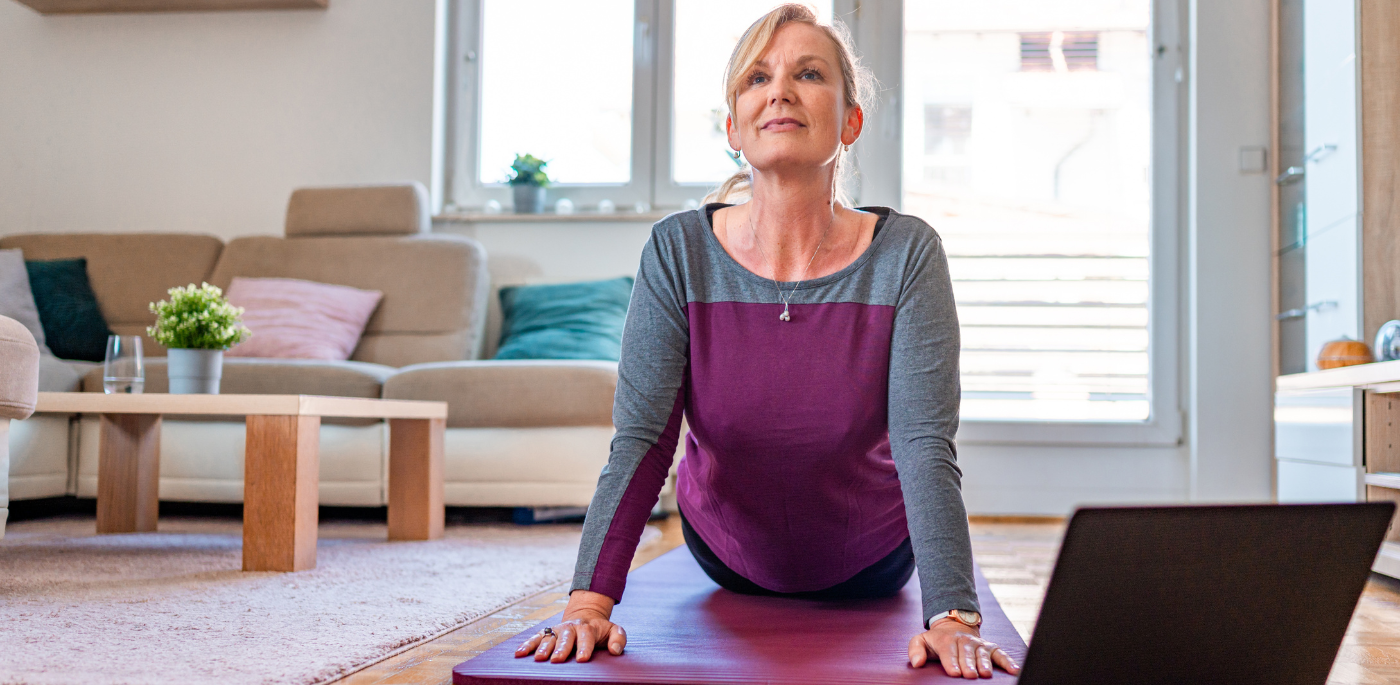Research into rehabilitation for people who have been hospitalised with Covid-19 has shown significant learnings to help those with ongoing symptoms.
A research trial has been completed by the University of Hull, Hull York Medical School and Hull University Teaching Hospital NHS Trust to determine rehabilitation practices for those who have shown ongoing effects of Covid-19, including fatigue, dyspnoea, joint pain, chest pain and cough, amongst others.
Researchers at the University of Hull and Hull University Teaching Hospital NHS Trust conducted the first randomised, wait-list controlled trial of group-based pulmonary telerehabilitation during recovery from Covid-19. Pulmonary telerehabilitation is an exercise and education programme, which is delivered remotely, primarily used by people with lung disease who experience symptoms of breathlessness.
Forty people, who were recently discharged from the hospital, were asked to complete six weeks of online pulmonary rehabilitation, consisting of twice weekly online exercises in a group of three to five people.
The exercise sessions were curated by a strength and conditioning lecturer and delivered by a physiotherapist. They included a structured warm-up, cardio, flexibility, strength-based movements, balance work and a cool down.
Once a week, participants were invited to an education session on relevant topics including rehabilitation of Covid-19, principles of exercise, managing breathlessness, managing fatigue, return to work/social issues and nutrition.
The results of the six-week trial showed clear improvements in exercise capacity, respiratory symptoms, quality of life, fatigue and depression. These improvements were accelerated by early telerehabilitation, highlighting the need to offer this in a timely manner.
This has shown, for the first time, that group-based telerehabilitation is feasible, safe, beneficial and well-received with people recovering from Covid-19.
Dr Andrew Simpson, a Lecturer in Exercise and Respiratory Physiology at the University of Hull, said: “The novelty of this research is that we were able to deliver the pulmonary rehabilitation entirely remotely, while still maintaining the group dynamics. It was the group aspect of the programme which was important in supporting the broader perceived wellbeing gains participants spoke about such as the sense of enjoyment and reduced social isolation.

Dr Michael Crooks, consultant in respiratory medicine
“By offering this trial remotely, it means there can be a much wider net of people who can be reached and it’s more accessible. And it’s more cost-effective for everyone involved.
“It is likely these aspects contributed to the favourable outcomes noted in the measures of mental health.”
Dr Simpson and Dr Michael Crooks, Senior Clinical Lecturer in Respiratory Medicine at Hull York Medical School and Honorary Consultant in Respiratory Medicine at Hull University Teaching Hospitals NHS Trust and, have been invited to the expert panel of the American Thoracic Society’s Assembly to Pulmonary Rehabilitation to discuss the research.
Dr Crooks said: “This trial is an excellent example of how, during the pandemic, we embedded robust research methodologies within the clinical pathway to help us to understand how to most effectively treat people with Covid-19. This study provides evidence of the benefits of early rehabilitation following acute Covid-19 which warrants further investigation in a larger trial. The close alignment of clinical care and research in this study is something that is transferable across other diseases and disciplines, supporting evidence-based practice going forward.”
Dr Simpson, Dr Crooks and Dr Clare Killingback, Senior Lecturer in Physiotherapy, are also supporting the research and evaluation of the East Riding of Yorkshire’s Long-Covid Rehabilitation Programme to help provide the best possible evidence-based programme for people recovering from Covid-19.
This research has led to the publication of two manuscripts, which are available to read here:
Results from the clinical trial have been published in the European Respiratory Journal Open Research: https://openres.ersjournals.com/content/erjor/9/2/00373-2022.full.pdf
Results from the accompanying qualitative evaluation of the patient’s perspective of the rehabilitation programme have been published in Disability and Rehabilitation: https://www.tandfonline.com/doi/epdf/10.1080/09638288.2022.2159075?needAccess=true&role=button&

